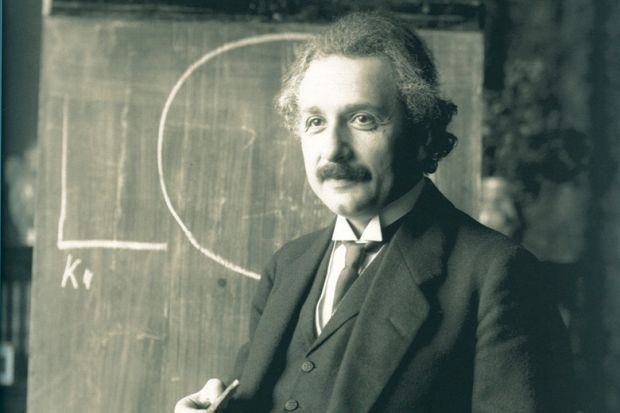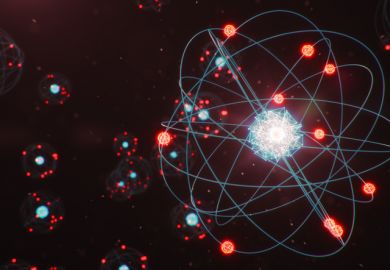If you think that you know what space and time are, be prepared for your intellectual foundations to be vaporised. Carlo Rovelli will melt your synapses with this exploration of physical reality and what the universe is formed of at the very deepest level. His story starts with the ideas of ancient Greeks and accelerates through the Newtonian revolution to the strange worlds of quantum physics and relativity, and their even weirder recent marriage in quantum gravity theory. Reality here is “a world which does not exist in space and does not develop in time”. You can see where the book’s title comes from.
This is a fascinating story of bizarre, non-intuitive ideas. It turns out that space is not an expanse of distance, it’s a “fluctuating swarm of quanta of gravity”. As for time, that concept is so last century. Things might change and do things to other things, but there’s no underlying passage of time in the world of quantum gravity. If that isn’t enough frontier physics clickbait, Rovelli throws in black holes, the Big Bang and infinity for good measure. The concepts in this book are not just mind-bending, they are mind-exploding.
Quantum gravity is so new that there aren’t many popular books about it. You couldn’t be in better hands than Rovelli, a world expert, but don’t expect a broad survey of all research in the field. He might describe this book as a travel book on physical reality, but it’s really a journey through his work and personal understanding of physics, right down to his particular interpretation of quantum mechanics. He’s a gossipy companion too, throwing in stories about Einstein (pictured inset), the perils of being a theorist and “sincere communist” in Stalin’s Russia, and sideswipes at colleagues with overly imaginative theories.
If you were seduced by the poetry in Rovelli’s last book, the best-selling Seven Brief Lessons on Physics, you’ll be pleased to find more of it here. His imaginative phrasing can brilliantly conjure up a picture of something you could never see – like the “microscopic swarming quanta” that generate space and time. The flip side is that his fondness for poetic expression and an additional adverb or two can get in the way of a clear explanation, or simply sound like a grand statement best accompanied by waving hands, a good whisky and a roaring fire.
The book works best when describing an idea in big-picture terms, or communicating the deep beauty of science and the universe. It’s less successful at filling in the details in the same accessible way. Rovelli writes that when he first realised how best to tell his story, he was so excited that the police pulled him over for speeding. You may empathise with them as you find yourself whisked through descriptions that sometimes need prior knowledge of theoretical physics to appreciate the footnotes and meaning.
Twisting your brain to see reality from the quantum gravity point of view is not easy. It might be a stretch to see the universe as a place where “space, time, matter and energy melt in a cloud of probability”. But it’s fun to try, and however much it hurts, you’ll end up agreeing with the book’s title.
Tara Shears is professor of physics, University of Liverpool.
Reality Is Not What It Seems: The Journey to Quantum Gravity
By Carlo Rovelli
Allen Lane, 272pp, £16.99
ISBN 9780241257968
Published 6 October 2016
后记
Print headline: Time bends and space melts




